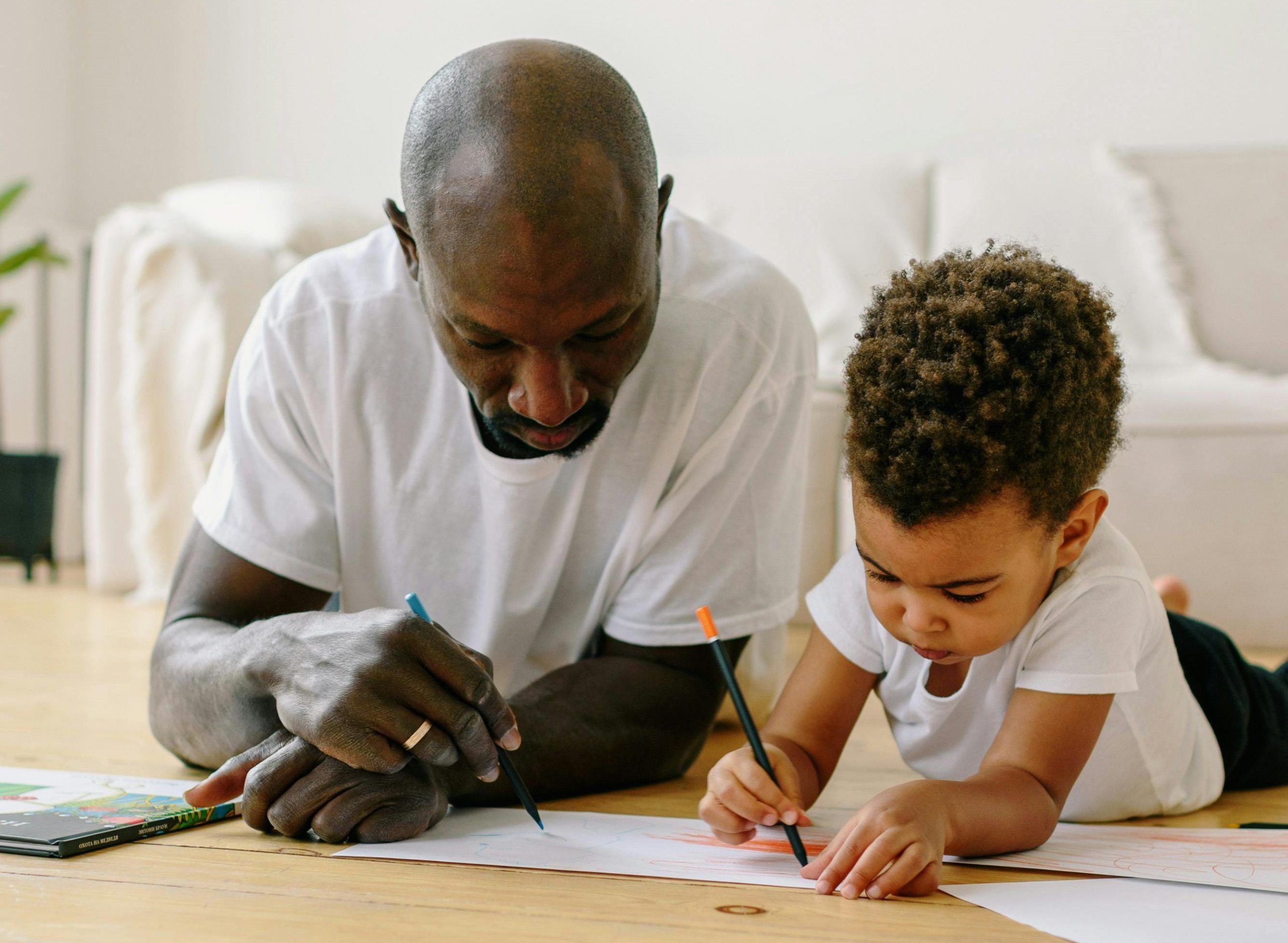What Will I Learn During an Early Years Childcare Apprenticeship?
An Early Years Childcare Apprenticeship is a rewarding way to gain practical experience and formal qualifications while working with young children. This career path is perfect for individuals who have a passion for helping children grow and develop during the most critical stages of their lives. But what exactly can you expect to learn during such an apprenticeship From acquiring essential childcare skills to understanding child development theories, an Early Years Childcare Apprenticeship covers a broad range of knowledge and hands-on experience. Let’s explore some of the key areas of learning.

Child Development and Psychology
A central aspect of any childcare apprenticeship is understanding how children develop. Apprentices will learn about the various stages of child development, focusing on physical, emotional, social, and cognitive growth from birth to around five years old. This includes learning about developmental milestones—such as when children typically start to walk, talk, and engage with others—so that you can support each child’s individual progress.
You’ll also gain some insight and understanding into child psychology, looking at how children learn, think, and behave. This knowledge is crucial in helping you provide the right kind of support and guidance to foster a positive learning environment.
Creating Safe and Stimulating Environments
Another vital skill you’ll develop is the ability to create environments that are both safe and stimulating. As a childcare apprentice, you’ll be responsible for ensuring that the children in your care are always in a secure environment where they can explore and play freely.
You’ll learn how to design activities that promote learning and development, from sensory play to group activities that foster communication and social skills. In addition, understanding health and safety regulations, hygiene standards, and safeguarding procedures will be an important part of your training.
Supporting Children’s Learning Through Play
Play is a critical part of early childhood learning. During your apprenticeship, you’ll learn how to plan and lead a variety of play-based activities that stimulate different areas of development. You’ll discover how to use play to help children develop problem-solving skills, creativity, and language abilities.
Whether it’s outdoor play, arts and crafts, or educational games, you’ll be encouraged to observe how children engage with these activities and to tailor them to individual needs. Learning how to balance structured and free play is an essential skill that supports children’s holistic development.
Effective Communication Skills
Working with young children requires strong communication skills, both verbal and non-verbal. You’ll learn how to interact with children at their level, helping them feel understood, safe, and encouraged. Developing your ability to listen actively, ask open-ended questions, and guide children without overtaking their independence will be key.
Equally important is communication with parents and guardians. You’ll learn how to provide updates on a child’s progress, discuss any concerns, and build trusting relationships with families. This includes learning professional communication skills, record-keeping, and understanding confidentiality requirements.

Inclusive Practice
A good Early Years Practitioner recognises and respects the diversity in children’s backgrounds, needs, and abilities. During your apprenticeship, you will be trained in inclusive practice—ensuring that every child, regardless of their cultural background, learning ability, or family situation, has the same opportunities to thrive.
This involves learning how to adapt activities for children with special educational needs or disabilities (SEND), understanding different cultural perspectives on education, and promoting equality in your daily work. You will also learn about anti-discriminatory practices and how to ensure all children feel valued and included.
Teamwork and Professionalism
Childcare is rarely a solitary profession. You’ll be working alongside experienced early years practitioners, teachers, and sometimes other specialists such as speech therapists or social workers. Learning how to collaborate effectively in a team is another critical aspect of your apprenticeship.
In addition to teamwork, you’ll also learn professional conduct, including time management, organisational skills, and the importance of reflective practice. This means taking time to assess your own performance and identifying areas where you can improve.
Understanding the EYFS Framework
The Early Years Foundation Stage (EYFS) is a statutory framework in the UK that sets standards for the learning, development, and care of children from birth to five years old. A key part of your apprenticeship will involve understanding and implementing the EYFS. You’ll learn how to plan activities that align with the framework’s principles and how to assess children’s progress against EYFS criteria.
The EYFS framework emphasizes the importance of fostering key areas of development such as literacy, mathematics, understanding the world, and expressive arts. By learning how to work within this framework, you’ll ensure that you provide a well-rounded, high-quality educational experience for the children in your care.
Gaining a Recognised Early Years in Childcare Qualification
In addition to the hands-on experience, an apprenticeship will offer you the chance to gain a recognized qualification in early years childcare. This could range from a Level 2 or Level 3 Diploma in Early Years Education to more specialised qualifications, depending on the nature of your apprenticeship. These certifications are highly valued by employers and can serve as a stepping stone to further education or career advancement.
Want more information about applying for an Early Years Childcare Apprenticeship? Head over to our dedicated Apprenticeship page and submit your details, and a member of the team will be in touch soon!


